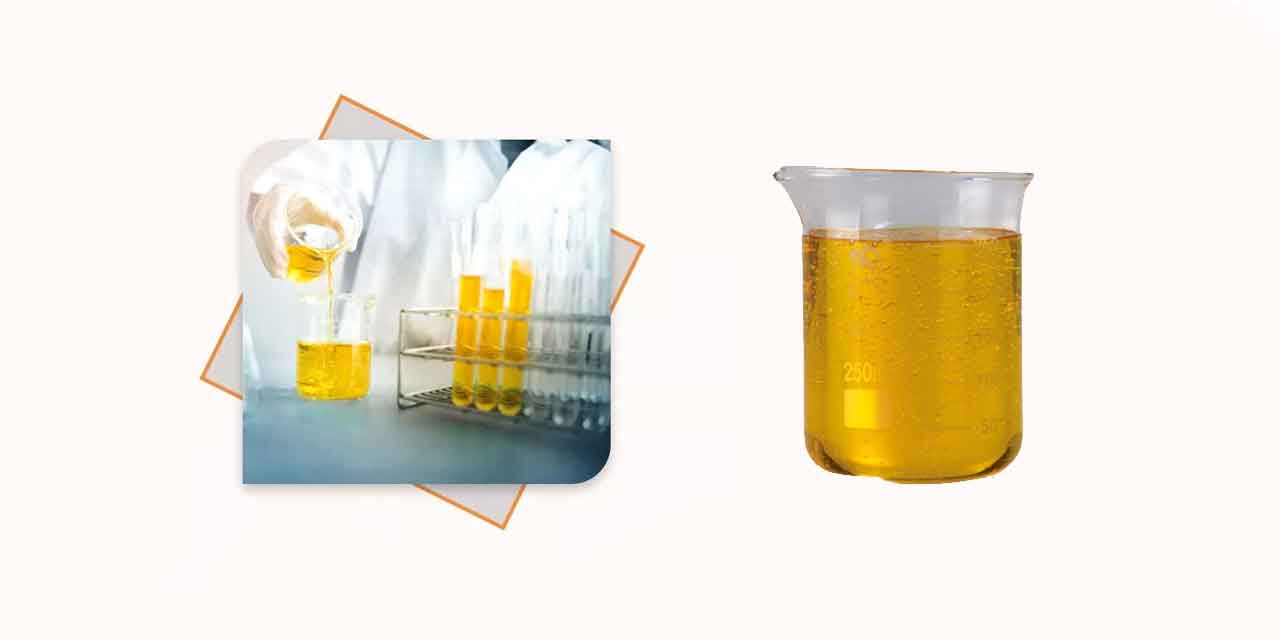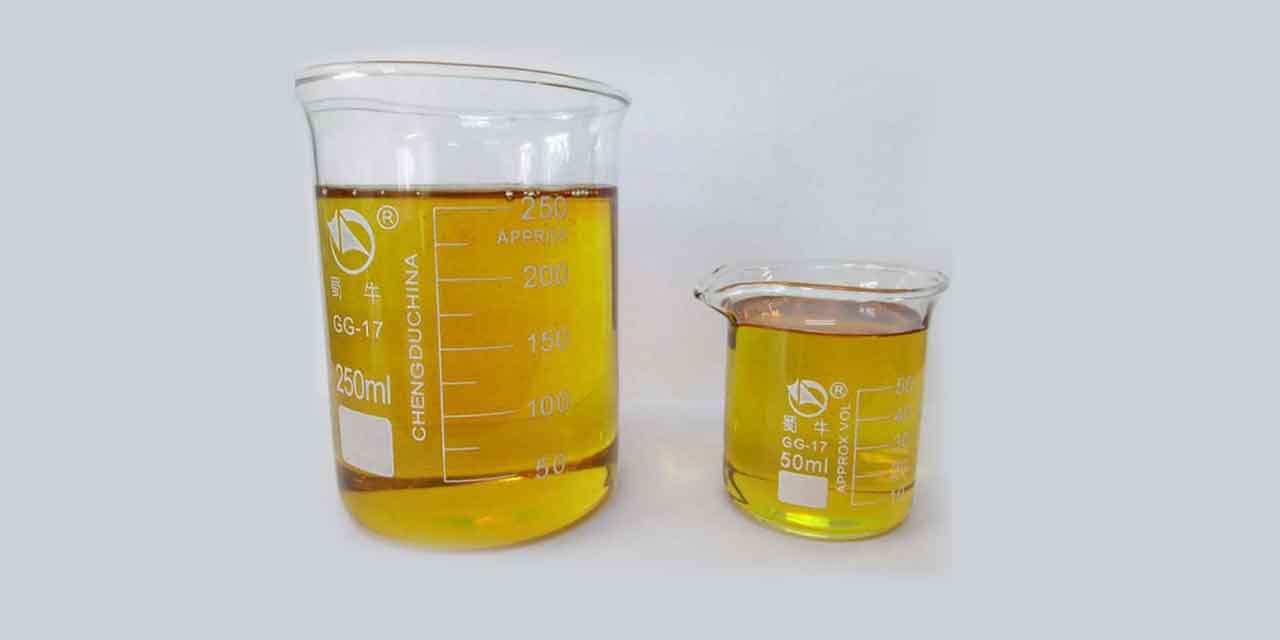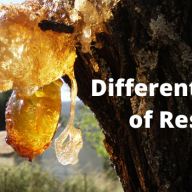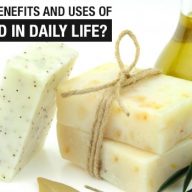What Is Cardanol? Cardanol Uses And Manufacturing Process

Why has Cardanol gained traction across the globe compared to the other alternatives, including phenols? Due to the environmental advantages, durability, water/oil resistance, anti-corrosive behavior, and many distinctive properties of Cardanol, they are widely used in several industrial applications.
The core element of Cardanol, is cashew nut shell liquid, a combination of anacardic acid, a small amount of Cardol, and methyl variants. In this blog, we shall discuss the properties of Cardanol, Cardanol uses, and its manufacturing process in detail.
The growing demand for Cardanol Suppliers in Delhi
Let’s begin with the idea about what Cardanol is all about. Cardanol is a natural form of phenol that takes birth from CNSL (Cashew NutShell Liquid), which is a leftover after the manufacturing of cashew nuts. The CNSL market aims to grow from 250.2 million USD in 2018 to 450.4 million USD by 2026, which projects a CAGR of 7.3% throughout the forecast period. The market for Cardanol dominates the demand for various applications such as cashew cement, laminating resins, rubber compounding resins, epoxy resins, foundry chemicals, etc.
The significant value-added products that CNSL manufacturers include Cardanol, Recidol, CNSL resins, and more value-specific products. The rising demand for Cardanol has been mainly contributed by the varnish and paint manufacturers.
Industries now-a-days lay a strong emphasis on the effective use of naturally accessible and renewable resources to develop raw materials for producing polymer-based products.
Cardanol can contribute to the development of phenolic resins to manufacture various industrial products. This is why industries prefer Cardanol suppliers in Delhi who can understand and distribute the raw materials based on the needs, and in time.
Cardanol has a multi-functional role that lets it derive useful products from this amazing material. Cardanol has a phenolic nature of Cardanol, so various scientists have checked the effect of its combination with aldehydes or formaldehyde. This has resulted in the development of many resinous materials, as that Phenol can produce.
The hydrogen compound based on Cardanol that contains different chemical groups is a perfect raw material choice to develop polyurethanes. Since Cardanol is a renewable natural resource and aromatic bio-based material available abundantly at less cost, this raw material can cater to a wide range of applications with judicious use.
Also read: What Are The Best Paint Raw Materials
Significant Properties of Cardanol

Due to the peculiar structure of Cardanol, they possess great water resistance, high-end electrical insulation, chemical resistance, and considerable flexibility. The hydrocarbon side chain contributes to the Cardanol Aldehyde that shows high solubility in drying oils like Tung oil and linseed DCO.
Cardanol is flexible and stays liquid at even lower temperatures. It has a freezing point lower than 20°C and boils in reduced pressure at 225 °C. Cardanol can also be ideal for the formation of bio-based eco-design polymeric microcapsules. They can add to the applications like catalysts, self-healing agents, drugs, and so on.
Cardanol is also a terpene you can find in essential oils. They also possess high antioxidant properties that make them perfect for fighting against skin cancers, pancreatic cancers, etc.
The core properties of Cardanol are as follows:
- The cardanol residual formed with the distillation of CNSL can be used in producing friction dust in rubber compounding and brake linings.
- Cardanol is a renewable and cheap material with increased adaptability.
- The derivatives of Cardanol are utilized in the laminating industry to minimize brittleness and enhance the flexibility of laminates.
- It has quick drying properties after baking, high thermal conductivity, electric conductivity, and great flexibility.
- They are resistant to the smoothing effects that mineral oils have.
- Cardanol offers good resistance to the alkaline solution and insects.
- The molecular structure of this material is unique, with long hydrocarbon chain components which makes structure cross-linking simple.
- The polymer structure of this material is weather and water-resistant due to its hydrophobic features.
Also read: Castor Oil Price In India: All you Need To Know
Cardanol Manufacturing Process

Cardanol is well recognized as a phenolic lipid, ie. the classification under natural products which consists of phenolic rings and long aliphatic chains. You can largely find phenolic lipids in fungi, bacteria, and plants. Being a phenolic lipid and a component of CNSL, Cardanol production finds applications in the chemical industry in the form of durable products like coatings, resins, surfactants, frictional materials, and pigment dispersants to produce water-based inks. Cardanol is used to manufacture phenalkamines that are used as curing agents to produce epoxy coatings on concrete floors.
The name Cardanol has a long history to speak–it is derived from the genus Anacardium, taken from the scientific name of the cashew tree, Anacardium occidentale. The genus ‘Anacardium’ itself got its name from the Greek word that means ‘heart’. This is a monohydroxy Phenol that holds a long hydrocarbon chain, ie. C15 H27, in the meta position.
Through vacuum distillation, you can isolate cardanol from cashew nut processing. The application of Cashew Nutshell Liquid in polymer chemistry has been popular with its adoption for commercialization purposes. Being an effective replacement to phenol, say about 30% in the phenolic resins, Cardanol is the best ingredient in the plywood binding resins and also lamination industries to save on costs.
The process to produce a color-stable Cardanol is as follows:
- Placing the crude Cardanol to distillation and gaining distillate,
- The reaction of distillate with boric acid to gain reaction mixture,
- Keeping the reaction mixture for the further distillation process.
Cardanol is widely used in the production of surface coatings, alcohol soluble resins, oil-soluble resins, paints, enamels, coatings, etc, due to its high viscosity and exceptional durability.
Also Read: What is Linoleic Acid: All You Need To Know
Cardanol Uses and applications

Cardanol uses are profound in the chemical industry, especially in the alcohol and oil soluble resins, rubber coatings, and compoundings, as mentioned above.
It also finds applications in the friction materials and the surfactants in the form of pigment dispersants to make phenalkamines and water-based inks— these act as curing agents to deploy durable epoxy-reactive component coating to firmly hold your concrete floors, giving it moisture and grease resistance.
Here are the industrial applications of Cardanol at a glance:
- Vulcanizing agent to use in natural rubber
- Acrylic coatings
- The composite that reinforces natural fiber
- Epoxy resins and adhesives
- Cardan derivative: liquid Crystalline polyesters
- Marine and Heavy duty applications like protective coatings
- Anti-corrosive Paints that rely on Epoxy Resins
Let’s dive deep into the Cardanol uses that trigger industries to choose it over the other materials for their business processes.
Oil Soluble Resins
Cardanol has a chemical structure with a long hydrocarbon chain along with meta substitution. This makes Cardanol resins a great oil solvent and exhibits high-end properties such as electrical insulation and chemical resistance. It can help in the production of both semi-solid and solid resols, or the novolac resins that rely on the reactive characteristics of aldehyde and catalyst.
Cardanol-based varnishes have high reaction conditions like electrical insulation and water/chemical resistance features. They give ultimate quality stamping varnishes. Due to their high insulation properties and dielectric losses, they are useful for compositions based on substituted phenols or cresols.
Surface Coatings and Paints
The Cardanol resin-based varnishes have exceptional air drying and baking features. These properties make them best suited for wood finishes, food cans, good-quality paints, etc. Stoving paints are prepared with a baking temperature set to 60°C. Cardanol resins show great compatibility with synthetic resins like epoxies, chlorinated rubber, alkyds, phenols, and so on to act as raw materials for a wide range of paints.
Rubber
The pure form of Cardanol plays the role of plasticizer and de-oxidant while incorporating it into rubber. Being an agricultural by-product of the cashew manufacturing process, this is a cost-effective and renewable source widely available. Due to the various applications of Cardanol in polymer and rubber industries, they are high in demand. Also, currently, the chemical grafting of this material into natural rubber during the latex stage is gaining recognition.
Lamination
While you partly replace the Phenol/cresol content in alcohol soluble resins, you can prepare cardanol-based resins for lamination that contributes to high flexibility resistance to both water and chemicals. This also exhibits stunning electrical insulation to the laminating sheets.
Adhesives
The unique quality of friction dust you can prepare from Cardanol helps to support the clutch facings and brake linings as a strong adhesive. They are hence used extensively for automotive brake linings as friction dust enhancers or binders to reduce fade completely. They also encourage quick dissipation of heat compared to the phenol-formaldehyde resins.
Medical applications
In the medical field, Cardanol is the starting material that augments making ointments, toothpaste, and eye care products.
Cardanol and Derivatives
Due to amazing durability and anti-corrosive properties, they are used as modifiers for plastic, rubber compounds, plasticizers, demulsifiers for the petroleum industry, stabilizers, and anti-oxidants in various applications. Nevertheless, they are used in sealants, composites, skin care cosmetics, mosquito repellents, fertilizers, insecticides, fungicides, plant protection, and drying agents on a large scale.
Also Read: What is Monobasic Acid: All You Need To Know
The Parting Shot
We hope this blog has given you an understanding of Cardanol, the amazing byproduct of Cashew Nut, the unique features that distinguish it from the others, its applications, and its manufacturing processes. You would be also struck on the way to find a reliable distributor among the Cardanol suppliers in Delhi, who can serve your requirements. Be it your requirement of pigments, raw materials, plastics, paints, inks, coatings, or even high-grade chemicals, Bansal Trading Company has representatives and a dedicated team to deliver you the best. With multiple warehouses and 60+ years of experience, Bansal Trading Company aims to serve the industries with the most trustworthy products, chemicals, and high-quality raw materials.
BTC_WEB_ADMIN






